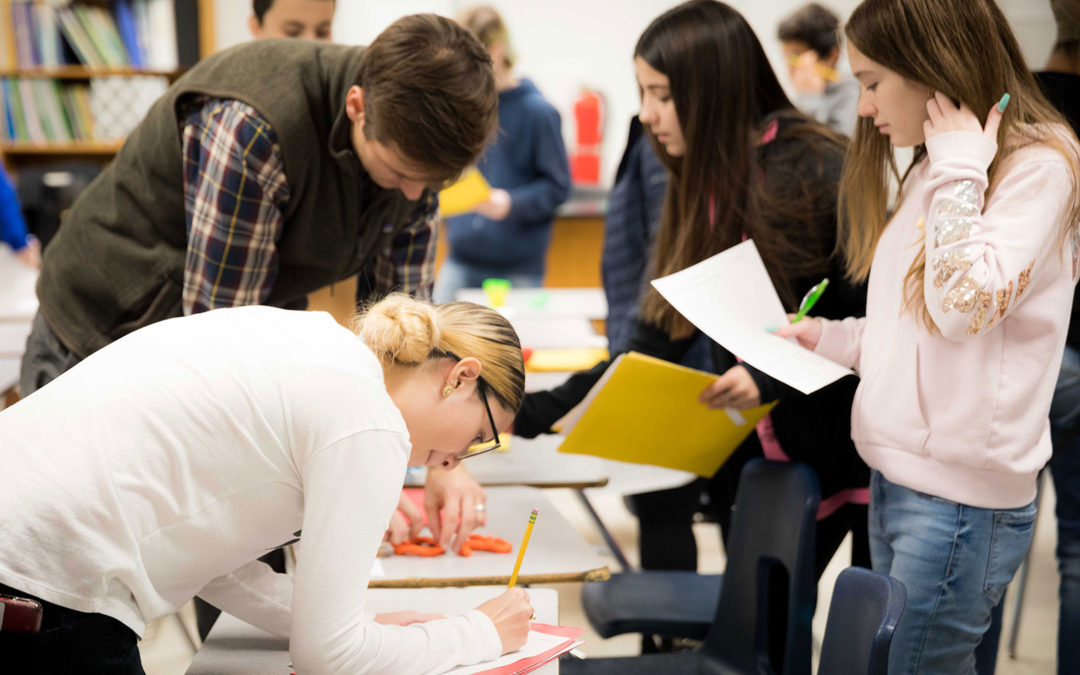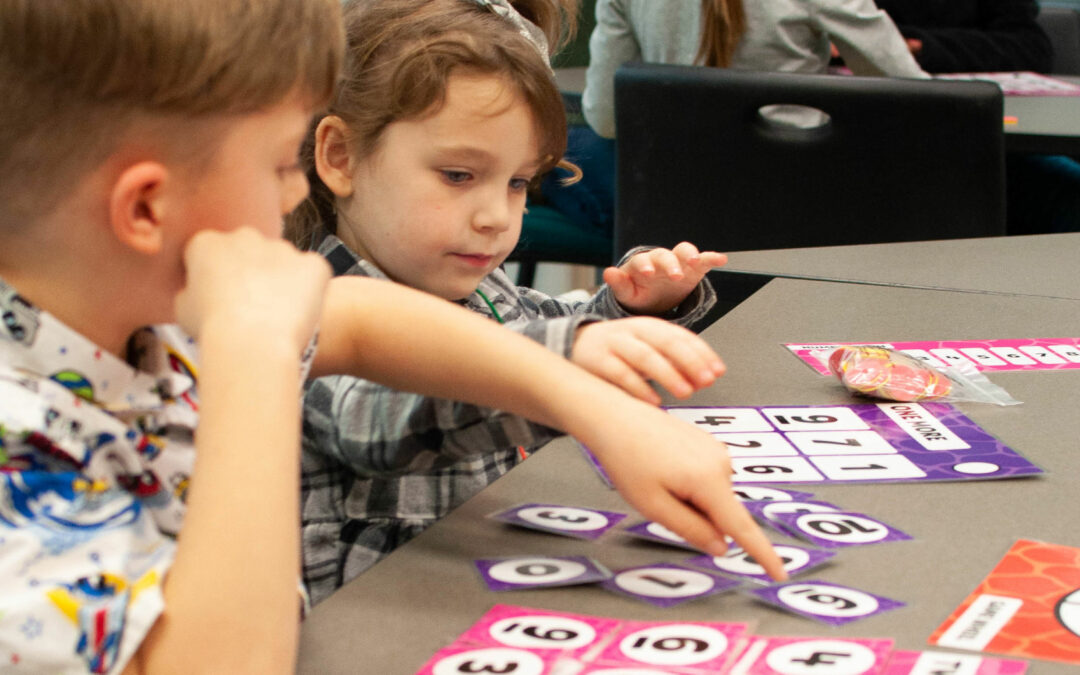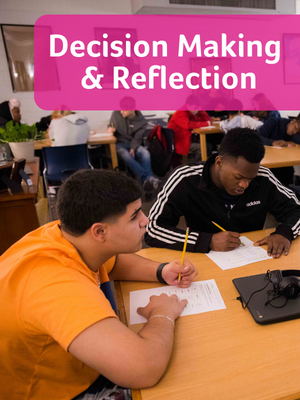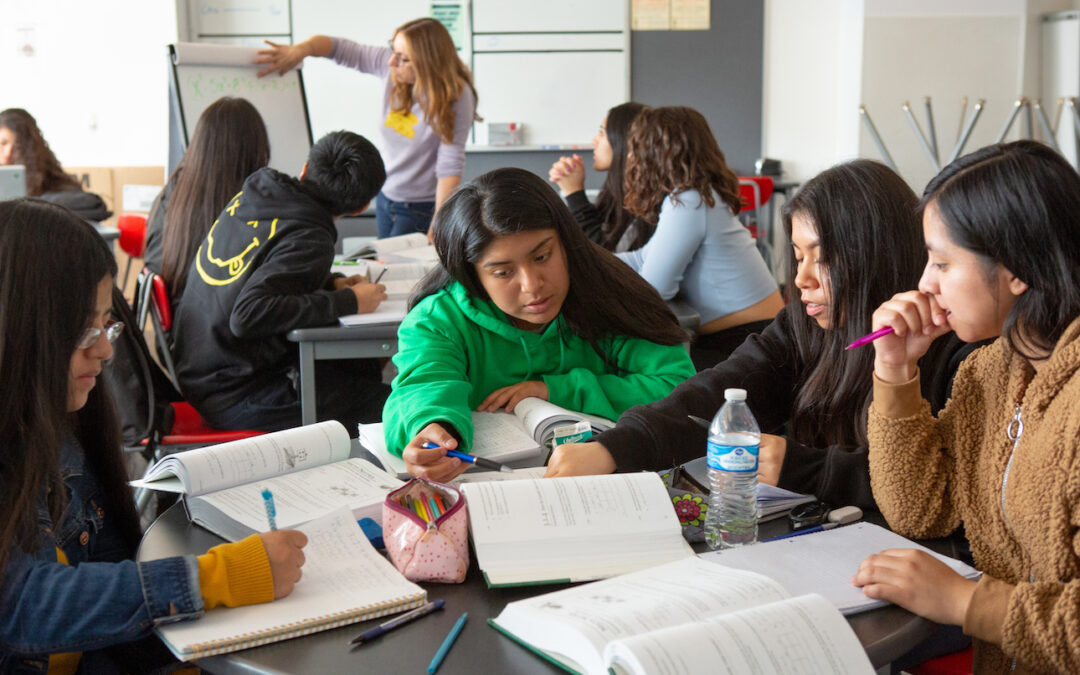
by rodaniel | Mar 25, 2024 | Blog, teacher leadership
Imagine a classroom where students know exactly what’s expected of them, where grades are clear and consistent, and where learning feels focused and achievable. This is the power of rubrics in action. Rubrics, those handy scoring guides that break down...
by rodaniel | Feb 23, 2024 | Uncategorized
Background Time management is the process of organizing and planning how to divide your time between specific activities. It is believed that good time management enables you to work more efficiently so that you get more done in less time. Additionally time management...

by rodaniel | Dec 7, 2023 | Blog, mathematics
Procedural fluency is the ability to perform mathematical procedures accurately, efficiently, and flexibly (NCTM, 2023). It is a fundamental skill that is essential for success in mathematics. Students who are procedurally fluent are able to solve problems quickly and...

by rodaniel | Sep 13, 2023 | Blog
Life is a journey marked by a series of decisions, each with the power to shape our experiences, opportunities, and the paths we navigate. Whether big or small, the choices we make carry the weight of consequence and the potential for growth. At the heart of this...

by rodaniel | Apr 4, 2023 | Blog
As we work to prepare our students for rigorous mathematics standards, I am continually reminded that the focus needs to move away from the teacher and shine on the student. Academic Dialogue is one way of focusing on the student. It allows students to talk about what...





